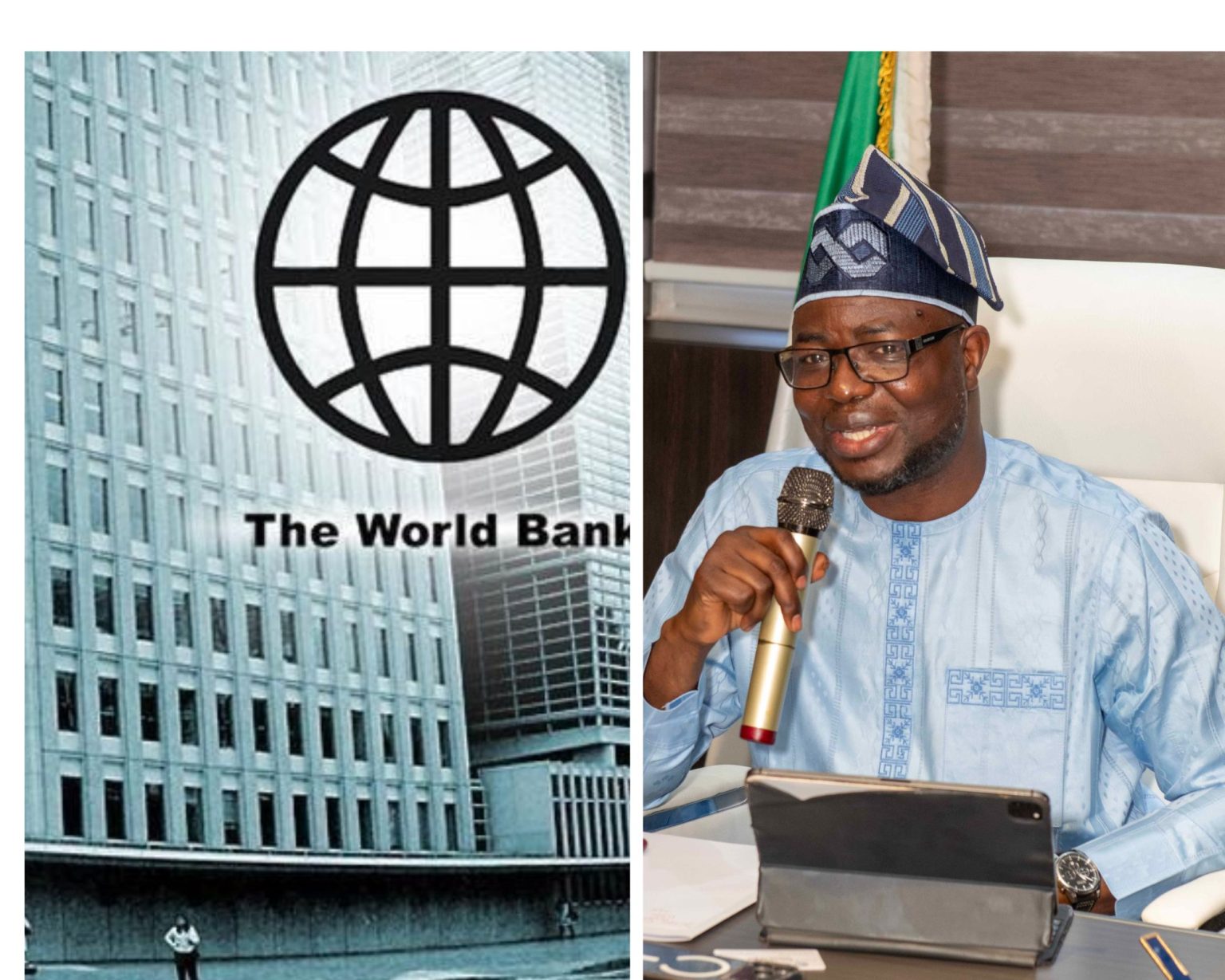The Federal Ministry of Humanitarian Affairs and Poverty Reduction and the World Bank have reaffirmed their commitment to deepening collaboration aimed at strengthening Nigeria’s social safety net and developing long-term strategies for sustainable poverty alleviation.
The engagement took place on Thursday during a visit by the World Bank delegation, led by its new Country Director for Nigeria, Mathew Verghis, at the ministry’s conference hall.
Welcoming the team, Minister Bernard Doro stressed that the partnership is critical in ensuring that Nigerian citizens fully benefit from the resources and support available to the country through global development institutions.
He explained that the ministry operates with a dual mandate, humanitarian affairs and poverty reduction, with the day’s discussion focused primarily on the development component, especially social protection programmes such as N-Power, the National Homegrown School Feeding Programme, and the direct cash transfer scheme for 15 million vulnerable Nigerians.

Doro noted that the ministry coordinates multiple agencies, including the National Commission for Refugees, Migrants and Internally Displaced Persons (NCFRMI) and the National Social Investment Programmes Agency (NSIPA), among others.
He emphasised the importance of the National Social Registry in accurately identifying the poor and improving coordination of interventions across government ministries.
“What we are looking to do is to use the social registry database as an integration tool to strengthen social protection systems and services, and also as a tool for coordinating other line ministries,” he said.
“The social register plays a very important role in avoiding duplication and promoting transparency.”
The minister added that the goal is to ensure that every intervention reaches the intended beneficiaries.
“We want a system that guarantees that support goes directly to the people who are identified as poor. That is our focus,” he said.
Doro further highlighted the need to reinforce social protection systems at the state level, ensuring they can effectively manage and utilise support, including funds provided by the World Bank.
He also disclosed that the ministry plans to leverage carbon emission reduction projects as an innovative approach to address multidimensional poverty, empower women and youth, and create sustainable livelihoods through carbon financing opportunities.
The minister appealed to the World Bank to assist in designing a long-term social safety net programme that provides immediate relief to the poor while helping them become self-reliant, resilient, and economically independent.
He cautioned against policies that could inadvertently create a cycle of dependency, noting that some countries have experienced second-generation reliance on social support due to poorly structured programmes.
World Bank Pledges Full Support
In his response, World Bank Country Director for Nigeria, Dr. Mathew Verghis, commended the ministry’s efforts and outlined the Bank’s global mission to eliminate poverty through financial and technical assistance.
He noted that Nigeria remains one of the World Bank’s largest and most strategic partners, with an increasing portion of interventions implemented at the sub-national level to reflect the country’s federal structure.
“The World Bank, like the United Nations, is owned by countries of the world, including Nigeria,” Verghis explained.
“Nigeria has a governor in Washington who sits on our Board. The Bank’s remit, which is different from the UN and importantly different from the IMF, is to support the development of member countries.”
He reaffirmed the Bank’s readiness to support Nigeria in scaling up its social protection and poverty reduction systems.
Read Also:
World Bank says Nigeria’s social safety nets failing to reach poorest citizens
World Bank raises alarm over rising extreme poverty in Nigeria



